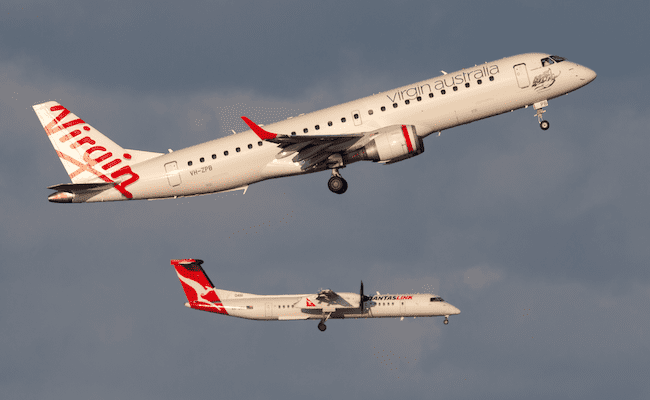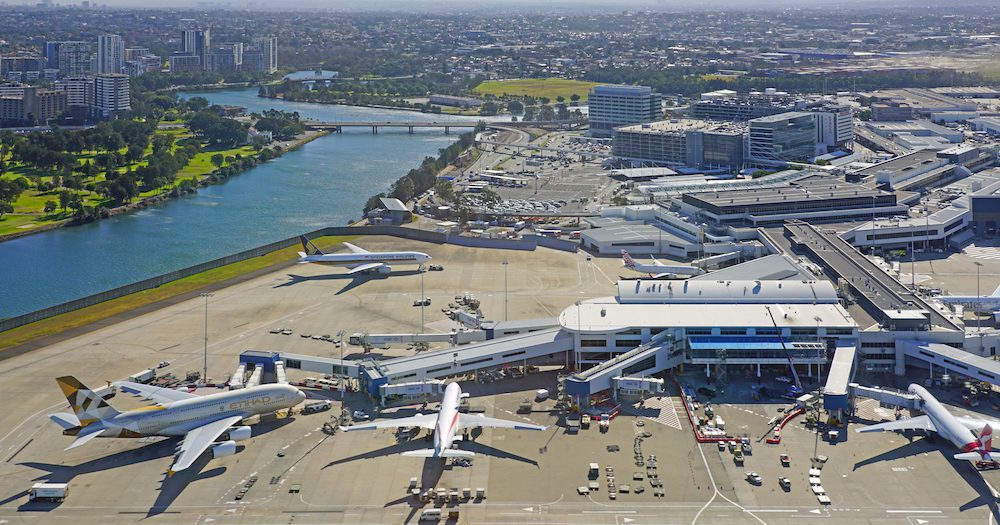Flight cancellations and delays aren’t just a source of frustration for flyers who only want to get where they’re going in a reasonable timeframe; they have serious economic consequences, recent research commissioned by ATIA has confirmed.
Led by former Qantas economist Tony Webber, the research spans two decades and outlines a consistent trend where airlines cancel flights not only for operational or weather-related reasons but also for commercial gain, impacting the travel industry and consumers.

Main findings from the study include:
- Flight cancellations for commercial gain: The study shows that airlines cancel flights not just for operational or weather-related reasons but also to boost profits.
- Impact on travel intermediaries: the primary cost for travel intermediaries is the time spent by staff in reorganising trips, which includes rebooking flights, accommodations, and other services. This results in lost opportunities and revenue.
- Effect on tourism spending: Domestic tourism could take a $405 million hit every year if five per cent fewer people travel through Australia’s top ten airports because of flight cancellations. Cancellations at Sydney Airport alone could result in a decrease in spending of between $143 million and $572 million per year.
- Airports’ revenue losses: The top ten Australian airports face an estimated annual loss of $4.8 million in aeronautical revenue and $1.5 million in non-aeronautical revenue per year, based on an annual five per cent drop in passengers.
- Passenger inconveniences and costs: Passengers bear out-of-pocket costs and lose valuable time due to flight cancellations. The opportunity cost for delayed passengers can also be significant, particularly for business travellers. Additionally, flight cancellations result in withdrawn seats from the market, contributing to higher fares for those who still need to book a flight.

Airlines can cancel flights without losing their designated airport slots thanks to the 80-20 rule. This rule allows airlines to retain a particular slot provided they don’t cancel more than 20 per cent of flights in that slot throughout the year.
To tackle these issues and help ensure the long-term success of Australia’s travel and tourism sector, ATIA has called for immediate reforms to the aviation sector.
“Severely damaging”
ATIA CEO Dean Long says, “the 80-20 rule is not fit for purpose” and that “a 95-5 rule would be more appropriate to encourage airlines to operate to schedule”.

“This research highlights critical issues within our industry. It’s not just about the airports; it’s about understanding where the chokepoints are and addressing them,” he says.
“In the year to October 2023, assuming a 5 per cent passenger drop due to cancellations, a staggering $405 million would be lost overnight in tourism expenditure. This number blows out to over $1.6 billion if 20 per cent of passengers choose not to fly. The ripple effect of this is immense, severely damaging the overall tourism industry.”
“In light of these findings, ATIA calls for immediate action and reforms in the aviation sector to address these issues, ensuring the sustainability and growth of Australia’s travel and tourism industry.”
In a recent major study by CHOICE, two in five (40 per cent) respondents said they had experienced flight cancellations or delays in 2023.







